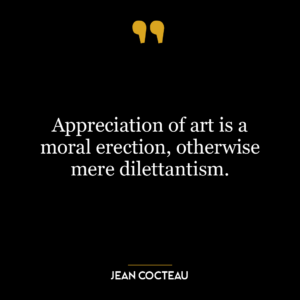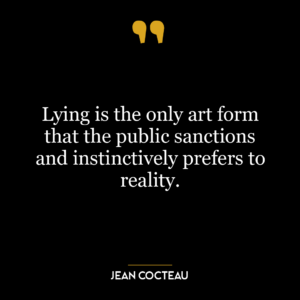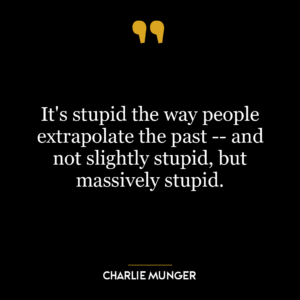The quote “That which needs to be proved cannot be worth much” suggests that true value or worth is inherent and doesn’t need external validation. If something requires proof to establish its worth, it implies that its value is not self-evident. It may be seen as a critique of the dependence on external validation or approval, suggesting that true worth is self-evident and doesn’t require justification or proof.
This perspective challenges the common notion that validation or proof is necessary to establish worth or value. It encourages us to question the standards we use to evaluate worth and value, and to recognize the inherent worth in things that may not meet conventional standards of value.
In today’s world, this idea can be applied in various ways. In the realm of personal development, it encourages individuals to recognize their inherent worth without seeking external validation. It suggests that one’s value is not determined by societal standards or external approval, but is inherent and self-evident.
In the context of social media, where likes, shares, and comments are often used as measures of worth or popularity, this quote can serve as a reminder that these external indicators do not necessarily reflect true worth or value. It could also be applied in the context of consumer culture, where the value of products is often determined by branding or marketing rather than inherent worth.
In the field of science and knowledge, it challenges the emphasis on empirical evidence and proof, suggesting that some truths or knowledge may be self-evident and do not require empirical proof. It encourages us to recognize and value different forms of knowledge and understanding, including intuitive or experiential knowledge.
Overall, this quote encourages us to question the standards and measures of worth and value we use, and to recognize and appreciate inherent worth that may not require proof or validation.















